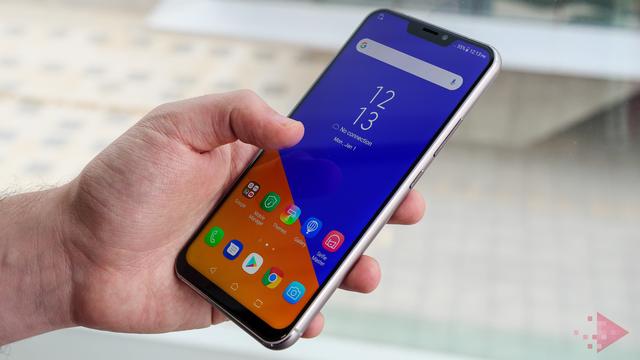The titles of the technical news have been full in recent weeks with wicked warnings regarding data violation, compromised telephone applications that threaten to steal private information from your phone, hackers in action and the like, and things will be amplified.Here are the applications to be careful about security.
The app called Shareit is an app that allows you to share files with other users who have the same version on the phone.Despite the fact that it was called one of the most downloaded applications in 2019, a Trend Micro Security Company has found security errors that have apparently remained unresolved for several months.
The researchers said that the Android version of the application could be used to hijack the phones, as well as to steal personal data.
Beyond all this, there are many concerns, even from legitimate telephone applications, such as every day and, in general, without worrying too much about how we manipulate our data.
Here is a look at how some of these applications spy or have the ability to do so, even without being the kind of application that seems initially suspected.
These applications are a safety hazard of your phone
Reader's Digest has made a summary of some of these problem telephone applications to be aware of.

Thus, an application called Camscanner, is one that a cyber security expert said it has malicious components.Indeed, a Kaspersky report mentioned that malware programs were found in the application.The app has accumulated tens of millions of downloads from Google Play Store.
Sometimes, the categories of applications generally deserve extra attention.The CEO Techloris, Shayne Sherman, said several weather applications, for example, have proven to transport Trojans and various malware and, in essence, trick people to share information or give up too many permissions,saying it is necessary to make the weather report be much more accurate.
Instead, Sherman recommends that you simply follow the weather forecasts of local news sites, as an alternative to generic weather applications.
Another category that has included in the past problem applications: Lanter applications.Vice President Expressvpn, Harold Li, told Reader's Digest that "Free Lanter applications are often high cyber security risks.Many of these applications are free, but they often request permissions, such as audio recording and contact information, to function properly. ”
You need to be more careful about what applications do you download from your smartphone stores
Here do you have to wonder why a flashlight application should, for example, access my contacts - especially when the main function is to provide only one light?Some Android flashlight applications were asking for up to 77 user permissions (and, in addition, most modern smartphones include the flashlight, avoiding the need for a separate application for this).
The Facebook family of applications is also mentioned in this report as its own category, as they include the main Facebook application, as well as Instagram, Facebook Messenger and WhatsApp owned by Facebook.
For example, Instagram "requires several permissions that include, but is not limited to changing and reading contacts and content of your storage, locating the phone, reading the call journal, changing the system settings and complete access to the network," according to Dave Salisbury,Director of the University of Dayton Center for Cybersecurity and Data Intelligence.
Meanwhile, both the iOS and the Android versions of WhatsApp have been targeted by exploits that involve sending a message that the recipient opens and then, without knowing, the recipient allows an attacker to have access to all the things he hasWhatsApp, such as the list of contacts and phone contacts.
In conclusion, "Caveat Emptor" is not just a Latin phrase that sounds.Its meaning, "buyer, beware", is a solid advice that should extend to the decisions we make about what we allow or not to our smartphones.Unfortunately, we are not enough to do this today.
